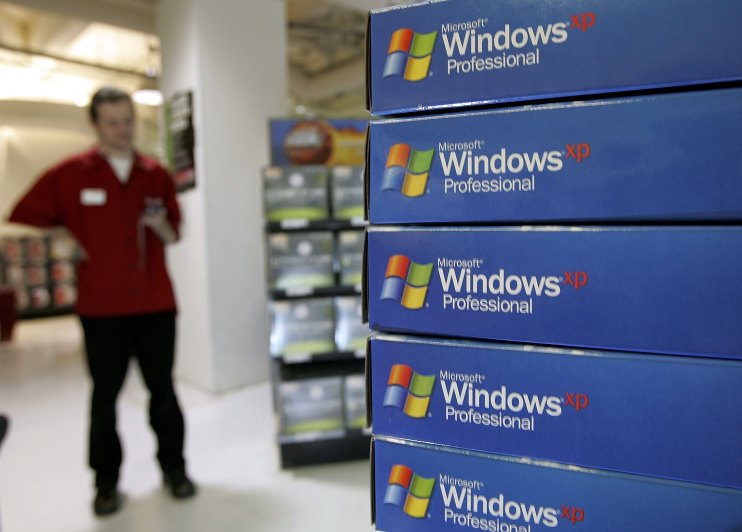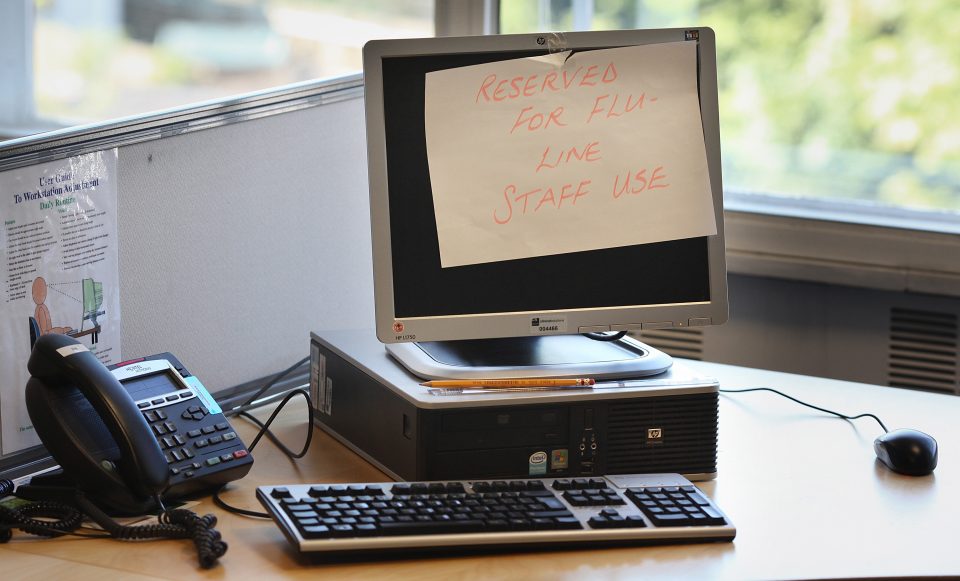NHS still running Windows XP on over 2,000 computers despite spate of cyber attacks

The NHS has admitted it is still running Windows XP on over 2000 computers, even though the operating system stopped receiving security updates five years ago.
In a written answer, health minister Jackie Doyle-Price said: “As of July 2019, approximately 2,300 National Health Service computers are using Windows XP from a total of around 1.4 million.
Read more: Massive airport email scam blocked by UK spooks
“This equates to 0.16 per cent of the NHS estate. We are supporting NHS organisations to upgrade their existing Microsoft Windows operating systems, allowing them to reduce potential vulnerabilities and increase cyber resilience.”
After the major Wannacry ransomware cyber attack which crippled the health service for several days in 2017, the NHS admitted 4.7 per cent of its computers ran Windows XP.
Last year, the Department of Health and Social Care said it would spend £150m to upgrade all NHS machines to Windows 10 by 14 January 2020. That is when updates for Windows 7 ends.

‘A huge gamble’
Hackerone security engineer Laurie Mercer said: “Any organisation still using Windows XP today is taking a huge gamble with their security and will be putting the data they hold at serious risk.
“That the NHS continues to use unpatched, out of date software is incredibly irresponsible when we consider the sensitive data the NHS holds and the ease with which a malicious attacker could exploit this glaring weakness. Out of date software needs to be updated, upgraded and, if this is not possible, switched off.
“Ordinary people have no choice whether they use the NHS or not so do not have the option of choosing a more secure provider.”
Data security fines
The admission comes hot on the heels of the Information Commissioner’s Office doling out £238m-worth of fines to British Airways and hotel group Marriott International last week.
Read more: No technological grounds for ban on Huawei, say MPs
These were for not taking enough cybersecurity precautions, which led to both firms being subject to cyberattacks.
The two fines, issued in little more than 24 hours, amount to more than three quarters of the total fines given by the Financial Conduct Authority (FCA) in the whole of the past year. This is despite the fact the FCA has traditionally given far harsher fines than the ICO.
Main image: Getty